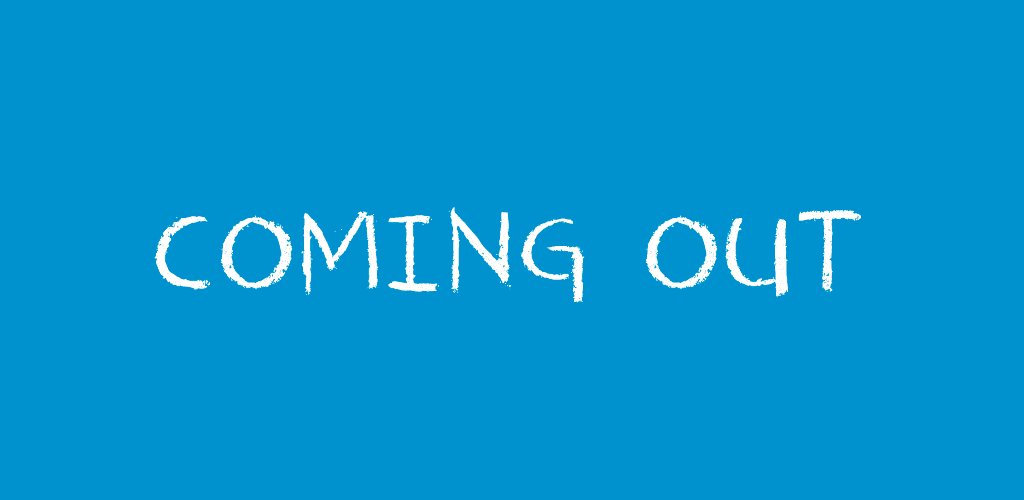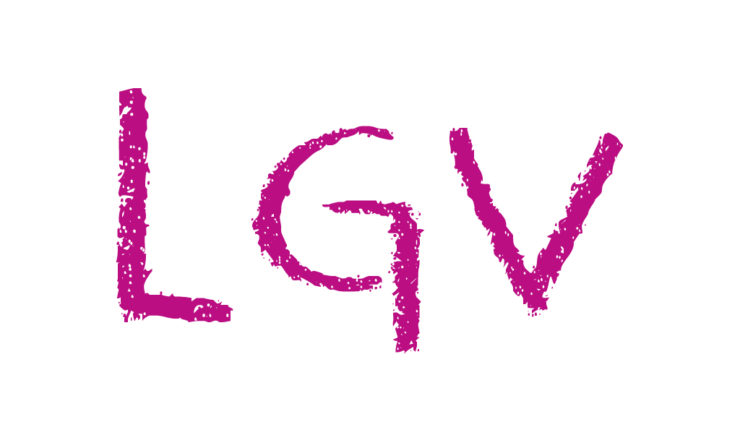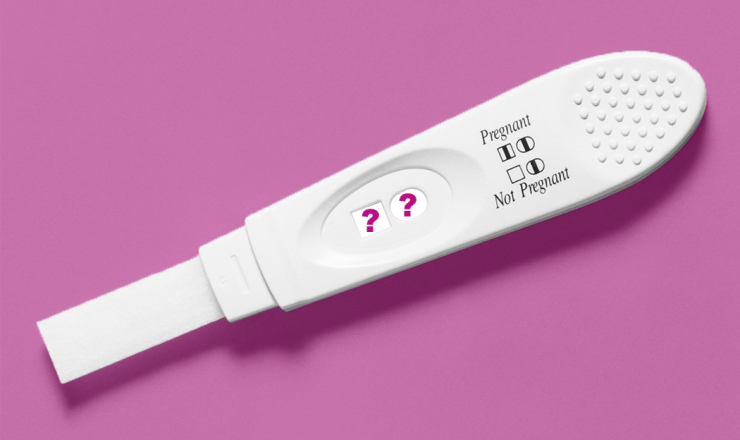Coming Out
The term coming out is a shorter form of the phrase “coming out of the closet.” It is used to describe the process of telling others about your gender or sexuality.
Coming out can help you feel more free to express your sexual or gender identity in your daily life and in your relationships with others.
Should I come out?
- Coming out is your decision and may depend on what feels safe and right for you, your relationships with your friends and family, and how confident you feel about your identity.
- You should never feel pressured to come out to anyone in your life, whether you’re in a relationship or not.
- Coming out is not all-or-nothing. You can choose to come out to some people in your life and not to others. Again, this maybe depend on what feels safe and right.
Useful Tip |
| You can choose to come out to a few supportive people first (like friends or siblings), and get them to come with you when coming out to people that might be more difficult to come out to. |
Why might I consider coming out?
There are many reasons to come out. Here are just a few:
- It may feel important to you to be open about your sexual or gender identity.
- You may want to be with people who accept you for who you are.
- You may want your communities, friends, and family to accept a potentially important part of your identity.
- You may want to make a political statement in support of your gender or sexual orientation.
- If you experience dysphoria, you may want to get support to decrease the severity of this.
Useful Tip |
| Depending on your access, location, and personal preference, you may want to go to different kinds of gender clinics or support groups for community or help when exploring things like gender, sexuality, coming out, or dysphoria. If you’re in Toronto, check out our Sexuality and Gender Resource for Youth page. |
Why might I consider not to coming out?
There are also many reasons to not come out. Here are just a few:
- You may feel like your sexuality or gender identity is private and not something you want to share with everyone or with certain people.
- You may feel it is not the right time.
- You may fear that your friends or members of your family will reject you, or will respect you less.
- You may fear that you will be bullied or experience homophobia , biphobia or transphobia at school or work.
- You may fear that you will lose your job or housing.
These are just examples of possible (but not guaranteed) outcomes of coming out. It’s up to you to consider what is likely or unlikely for your situation. It’s important to consider the positives of coming out as well as things that might impact your physical or emotional safety.
How do I come out?
There are many different ways to come out. The only “right way” to come out is the way that works for you. Here are some steps that you might follow:
- It’s normal to be nervous about coming out. You can totally decide to come out in ways that feel more comfortable for you. Things to consider include:
- Coming out to one person at a time, instead of a whole group.
- Coming out in a way you prefer communicating (in person? by text? in an email?)
- Practice beforehand in the mirror if you want! It’s okay if you script it out ahead of time.
- You don’t need to be an expert in gender or sexuality in order to come out. It’s okay if you don’t have the exact terms or labels. Consider sharing with the other person what your gender or sexuality means for you.
- That said, feel free to share with them if there are terms, identities, or things like pronouns that you’d like them to use for you going forward.
- Depending on your relationship to the other person, coming out may or may not impact your relationship with them. Talking about what you want to change or what you want to keep the same about your relationship can sometimes help create a guide or structure to the conversation.
- Try to be clear with them about who they can share this information with.
What if it doesn’t go well?
In a perfect world, you are met with love and open, enthusiastic acceptance. But that doesn’t always happen.
- Sometimes you maybe weren’t as smooth about it as you wanted to be. Maybe you went off on tangents, stumbled over your words, or got really emotional. That’s okay. You might get more confident with it the more people you come out to, or you might find that some people make you more nervous than others. You don’t have to be perfect.
- Sometimes the person you tell has a non-reaction, where they don’t know what to say and the conversation kind of just ends. While it doesn’t feel as good as a positive response, it’s okay if people need time to collect their thoughts or compose themselves to make sure they say something supportive. It can sometimes help to make time to come back to the conversation at a later date.
- Sometimes the person has a bad reaction, and this can look like a few different things.
- People sometimes say things that are ignorant, based on stereotypes of fears, or are just trying to be hurtful. They might yell or cry or start to make the conversation all about them. That is not okay. If people have mixed up or negative feelings about your coming out, they do not have the right to dump that on you.
- People sometimes do things that are harmful, whether that’s throwing people out of the house or being violent. This is also not okay. You deserve to be physically safe when sharing information about yourself.
- If you think that someone will react negatively in a way that could cause you emotional or physical harm, it is okay to make an exit/back up plan for where to go after, bring a friend or ally for support, or not come out until you have safe/stable distance from the person, or even at all.
If my friends and family have questions where should I send them?
Like we said before, you definitely don’t have to have all the answers or be an expert about your gender or sexuality. And it’s also not your job to educate your friends and family, especially if this is stuff you’re just learning yourself. If you want this to be an ongoing conversation, sometimes it works best if you and the other person puts in the effort to educate yourselves and then come back together to share the new information. For your friends and family, here are some places they may want to look for more information:
- Pflag Canada: Pflag Canada is a national charitable organization, founded by parents who wished to help themselves and their family members understand and accept their LGBTQ2S children.
- Egale – How To Be An LGBTQI2S Ally: Egale is Canada’s leading organization for 2SLGBTQI people and issues.
- The 519: The 519 is committed to the health, happiness and full participation of the LGBTQ2S communities.
- LGBT Youthline: LGBT YouthLine is a Queer, Trans, Two-Spirit youth-led organization that affirms and supports the experiences of youth (29 and under) across Ontario.
If you have questions about this topic, feel free to contact one of our peer educators. [Link]
Last Edited: September 2021






